We are compiling the 2023-24 return and need your help to ensure we record all BU’s relevant social, community and cultural events
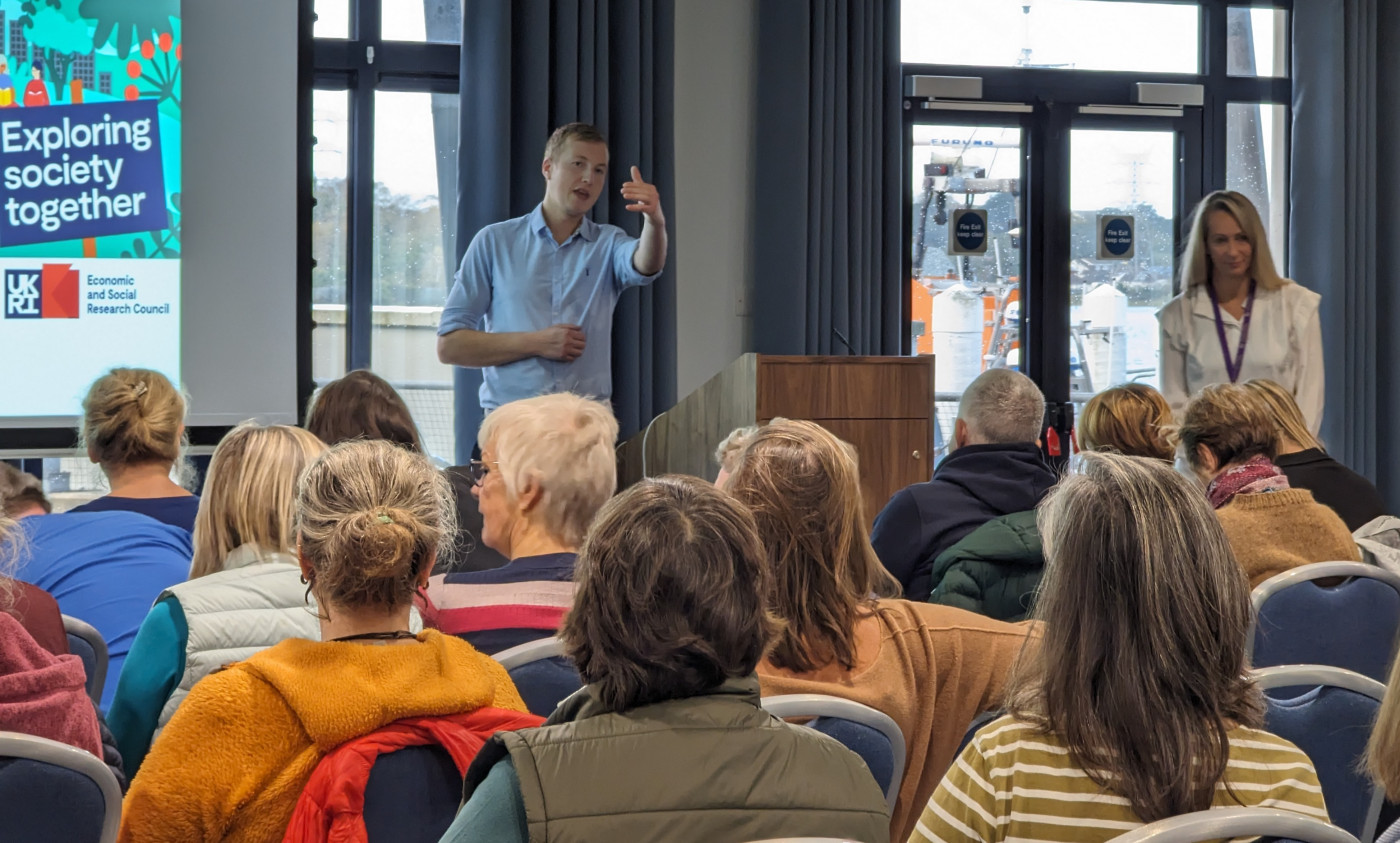
Dr Samuel Hills and Dr Jill Nash taking part in an ESRC Festival of Social Science event in 2023
What is HE-BCI?
The HE-BCI survey is a mandatory annual return that BU makes to the Higher Education Statistics Agency (HESA). An important part of this is to capture activity in terms of social, community and cultural events intended for the external community. This data is part of the information used to determine the allocation of Higher Education and Innovation Funding (HEIF) for BU.
What activities can be included?
Please include details of any relevant events that you have been involved in which took place/will take place between 1 August 2023 – 31 July 2024
Events must have been open to the public or intended for an external (non-academic) group and have included an exchange of knowledge. Events may take place in the UK or overseas
Eligible events include:
- Public lectures or talks
- Performance arts
- Exhibitions
- Museum education
- Festival activity
- Events for school/youth group
- Events for other external (non-academic) groups
- Media engagement
Please head to this SharePoint site to add your events.
The deadline for submitting your events is Friday 15 November.
The SharePoint site provides details about what data is collected, including calculating attendee numbers, staff time, reporting online activities and multiple related events
If you have any questions about the HE-BCI return, please contact publicengagement@bournemouth.ac.uk
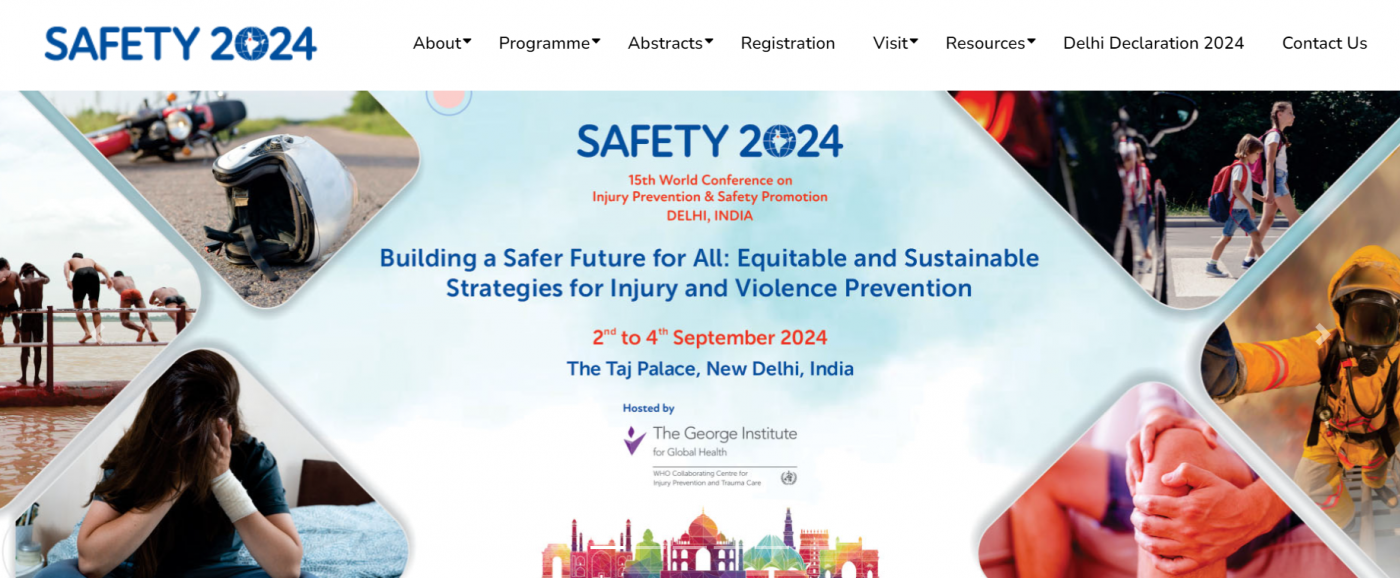

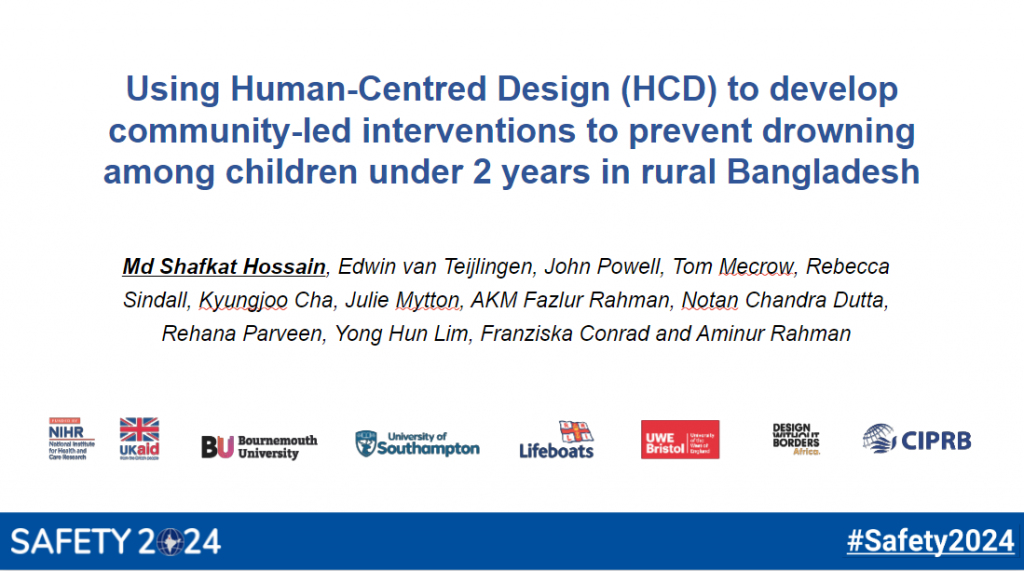

 We have 121 slots available with Carys Davis, of
We have 121 slots available with Carys Davis, of 

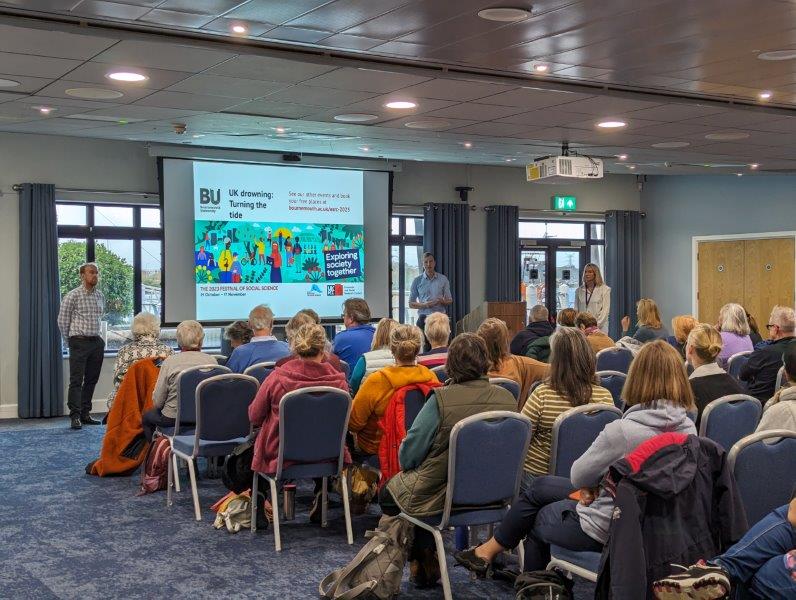





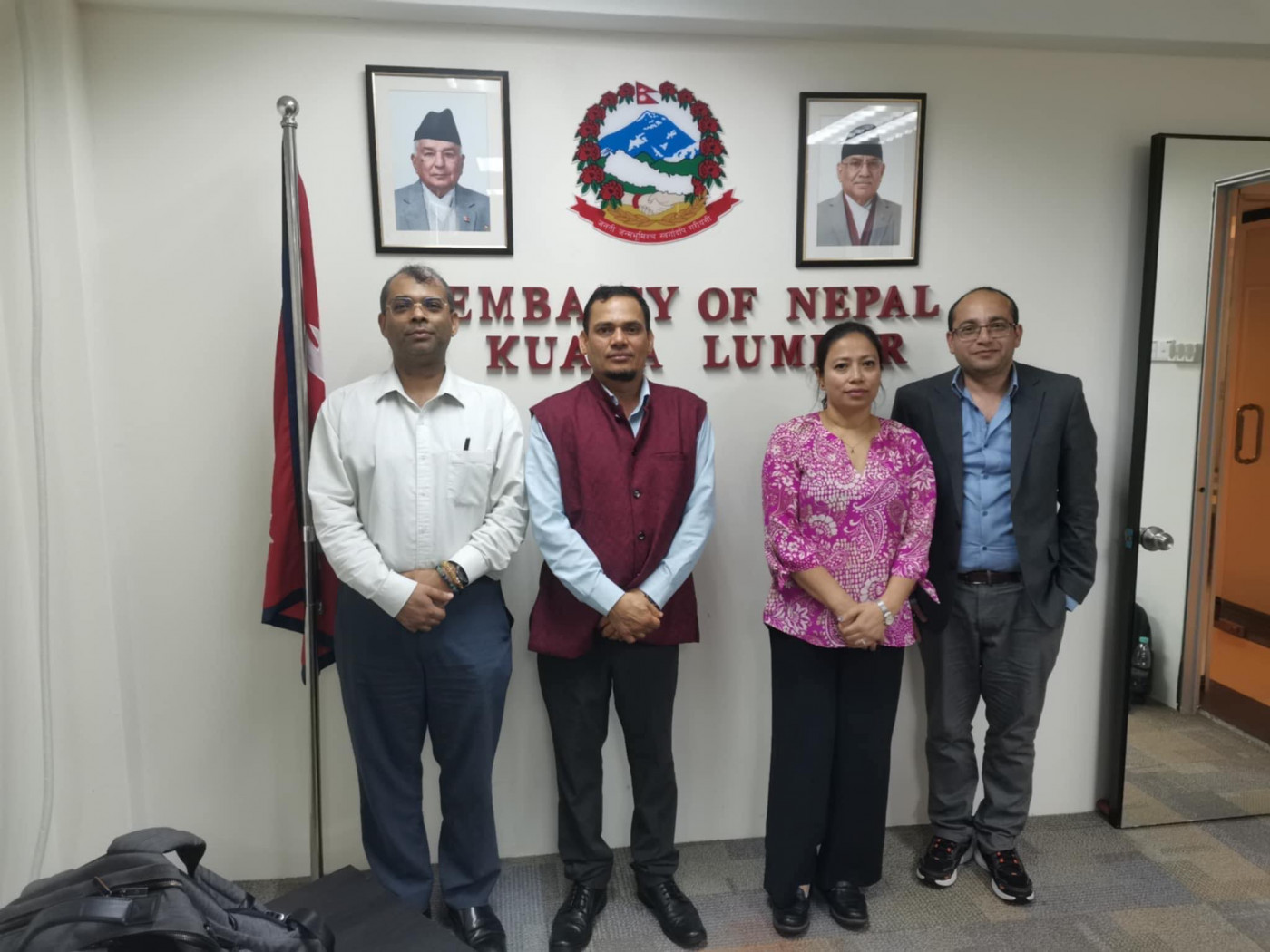






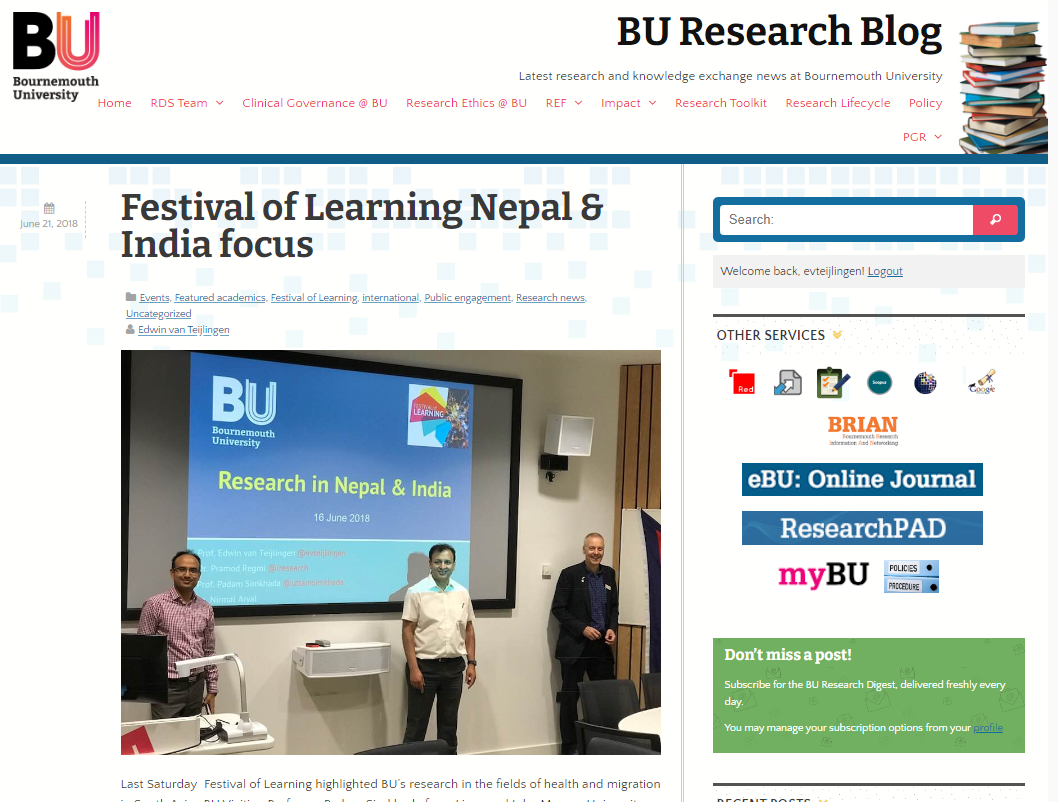
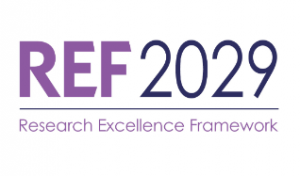 We are looking to recruit an impact champion to help support our REF submission in
We are looking to recruit an impact champion to help support our REF submission in 










 REF Code of Practice consultation is open!
REF Code of Practice consultation is open! BU Leads AI-Driven Work Package in EU Horizon SUSHEAS Project
BU Leads AI-Driven Work Package in EU Horizon SUSHEAS Project Evidence Synthesis Centre open at Kathmandu University
Evidence Synthesis Centre open at Kathmandu University Expand Your Impact: Collaboration and Networking Workshops for Researchers
Expand Your Impact: Collaboration and Networking Workshops for Researchers ECR Funding Open Call: Research Culture & Community Grant – Apply now
ECR Funding Open Call: Research Culture & Community Grant – Apply now ECR Funding Open Call: Research Culture & Community Grant – Application Deadline Friday 12 December
ECR Funding Open Call: Research Culture & Community Grant – Application Deadline Friday 12 December MSCA Postdoctoral Fellowships 2025 Call
MSCA Postdoctoral Fellowships 2025 Call ERC Advanced Grant 2025 Webinar
ERC Advanced Grant 2025 Webinar Update on UKRO services
Update on UKRO services European research project exploring use of ‘virtual twins’ to better manage metabolic associated fatty liver disease
European research project exploring use of ‘virtual twins’ to better manage metabolic associated fatty liver disease